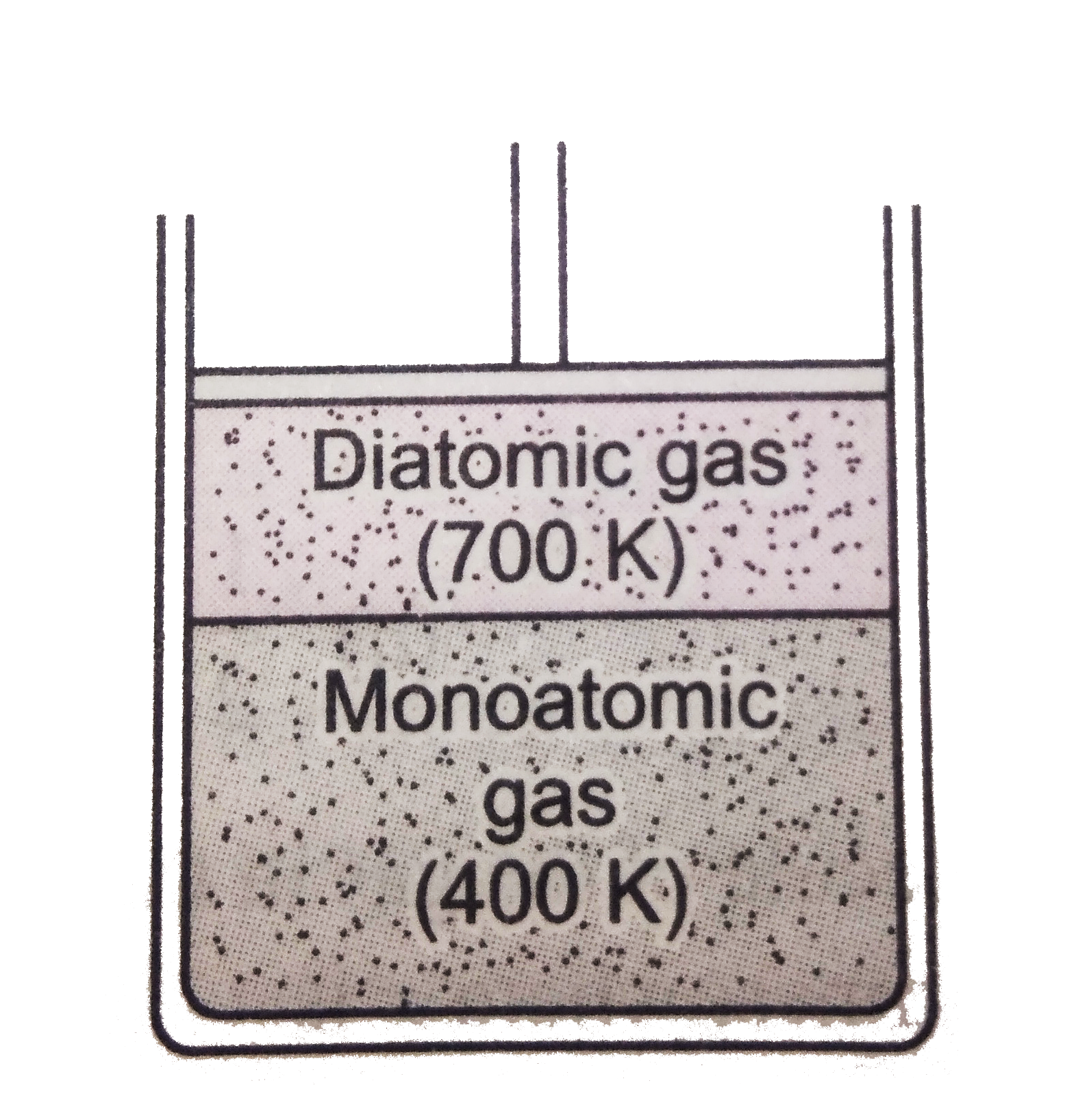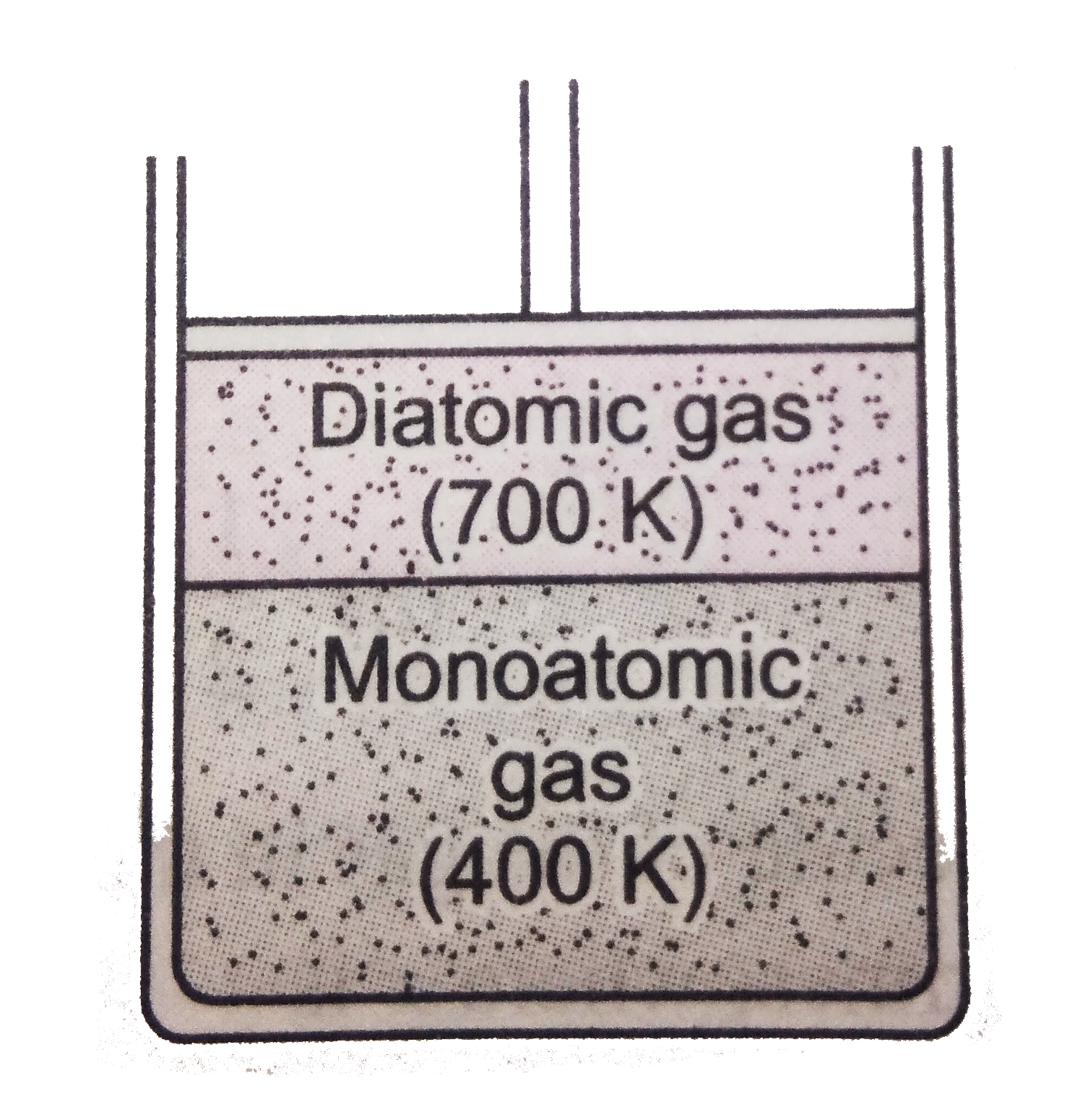There are some passengers inside a stationary railway compartment. The track is frictionless. The centre of mass of the compartment itself (without the passengers) is C1, while the centre of mass of the 'compartment plus passengers' system is C2. If the passengers move about inside the compartment along the track.
Step by step video solution for There are some passengers inside a stationary railway compartment. The track is frictionless. The centre of mass of the compartment itself (without the passengers) is C_(1), while the centre of mass of the 'compartment plus passengers' system is C_(2). If the passengers move about inside the compartment along the track. by Physics experts to help you in doubts & scoring excellent marks in Class 11 exams.
Updated on:21/07/2023Topper's Solved these Questions
- System of particles & rotational MotionBOOK - SL ARORACHAPTER - System of particles & rotational MotionEXERCISE - EXERCISE
353 Videos
- ROTATIONAL MOTIONBOOK - SL ARORACHAPTER - ROTATIONAL MOTIONEXERCISE - Problem for self practice
90 Videos
- Thermal Properties of MatterBOOK - SL ARORACHAPTER - Thermal Properties of MatterEXERCISE - Exercise
449 Videos
Similar Questions
In a stationary railway compartment, there are several passengers. If they start moving in the compartment, will CM of the compartment change ? Will the CM of the system of compartment and passengers change ?
View SolutionIn a railway compartment, 8 seats are vacant on a bench. In how many ways can 5 passengers sit on them ?
View Solution
Knowledge Check
There are some passeger inside a stationary railway compartment. The centre of mass of the compartment itself (without the passngers) is C1 while the centre of mass of the compartment plus passengers system is C2 if passenger move about inside the comparment
Aboth C1 and C2 will move with respect to the groudBneither C1 nor C2 will move with respect to the groundCC1 will move but C2 will be stationary with respect to the groundDC2 will move but C1 will be stationary with respect to the groundIn Fig., a container is shown to have a movable (without friction) piston on top. The container and the piston are all made of perfectly insulating material allowing no heat transfer between outside and inside the container. The container is divided into two compartments by a rigid partition made of a thermally conducting material that allows slow transfer of heat. the lower compartment of the container is filled with 2 moles of an ideal monoatomic gas at 700 K and the upper compartment is filled with 2 moles of an ideal diatomic gas at 400 K. the heat capacities per mole of an ideal monoatomic gas are Cυ=32RandCP=52R, and those for an ideal diatomic gas are Cυe=52RandCP=72R.
Now consider the partition to be free to move without friction so that the pressure of gases in both compartments is the same. the total work done by the gases till the time they achieve equilibrium will be
 A250 RB200 RC100 RD−100R
A250 RB200 RC100 RD−100RRead the following passage carefully and answer the questions following according to the data given in it.
Gandhi ji had to travel by train form Durban to Pretoria in connection with his job. Once while travelling by train, he was asked by the white passengers to leave the first class compartment and shift to the van compartment. He refused to do so. Thereafter he was pushed forcibly out of the compartment and his luggage was thrown on the platform. It was winter and he kept shivering all night. He did not go to the waiting room because the white men sleeping ther might insult him further. This event was a turning point in the life of Gandhi ji and be decided to stay back in South Africa and fight against this blatant injustice.
The white people asked Gandhi ji to abandon the first class compartment becauseAthey wanted to annoy him.Bthey wanted to avenge themselves on Gandhiji.Cthey treated Indians as inferior to them.Dthey were looking for a chance to talk to him.
The diagram shows a train moving with constant velocity and a car moving towards the train with constant velocity. The engine driver measures the velocity of the car as v1 . The passenger sitting in the last compartment measures the velocity of the car as v2 . Which of the following statements is true?

View SolutionRead the following passage carefully and answer the questions following according to the data given in it.
Gandhi ji had to travel by train form Durban to Pretoria in connection with his job. Once while travelling by train, he was asked by the white passengers to leave the first class compartment and shift to the van compartment. He refused to do so. Thereafter he was pushed forcibly out of the compartment and his luggage was thrown on the platform. It was winter and he kept shivering all night. He did not go to the waiting room because the white men sleeping ther might insult him further. This event was a turning point in the life of Gandhi ji and be decided to stay back in South Africa and fight against this blatant injustice.
Why was he thrown out of the compartment? Because........
View SolutionIn Fig., a container is shown to have a movable (without friction) piston on top. The container and the piston are all made of perfectly insulating material allowing no heat transfer between outside and inside the container. The container is divided into two compartments by a rigid partition made of a thermally conducting material that allows slow transfer of heat. the lower compartment of the container is filled with 2 moles of an ideal monoatomic gas at 700 K and the upper compartment is filled with 2 moles of an ideal diatomic gas at 400 K. the heat capacities per mole of an ideal monoatomic gas are Cυ=32RandCP=52R, and those for an ideal diatomic gas are Cυe=52RandCP=72R.
Consider the partition to be rigidly fixed so that it does not move. when equilibrium is achieved, the final temperature of the gases will be

View SolutionRead the following passage carefully and answer the questions following according to the data given in it.
Gandhi ji had to travel by train form Durban to Pretoria in connection with his job. Once while travelling by train, he was asked by the white passengers to leave the first class compartment and shift to the van compartment. He refused to do so. Thereafter he was pushed forcibly out of the compartment and his luggage was thrown on the platform. It was winter and he kept shivering all night. He did not go to the waiting room because the white men sleeping ther might insult him further. This event was a turning point in the life of Gandhi ji and be decided to stay back in South Africa and fight against this blatant injustice.
"This event was a turning point in the life of Gandhi ji ". The event being talked about here is
View SolutionRead the following passage carefully and answer the questions following according to the data given in it.
Gandhi ji had to travel by train form Durban to Pretoria in connection with his job. Once while travelling by train, he was asked by the white passengers to leave the first class compartment and shift to the van compartment. He refused to do so. Thereafter he was pushed forcibly out of the compartment and his luggage was thrown on the platform. It was winter and he kept shivering all night. He did not go to the waiting room because the white men sleeping ther might insult him further. This event was a turning point in the life of Gandhi ji and be decided to stay back in South Africa and fight against this blatant injustice.
Why did he not go the waiting room to spend the night?
View Solution
